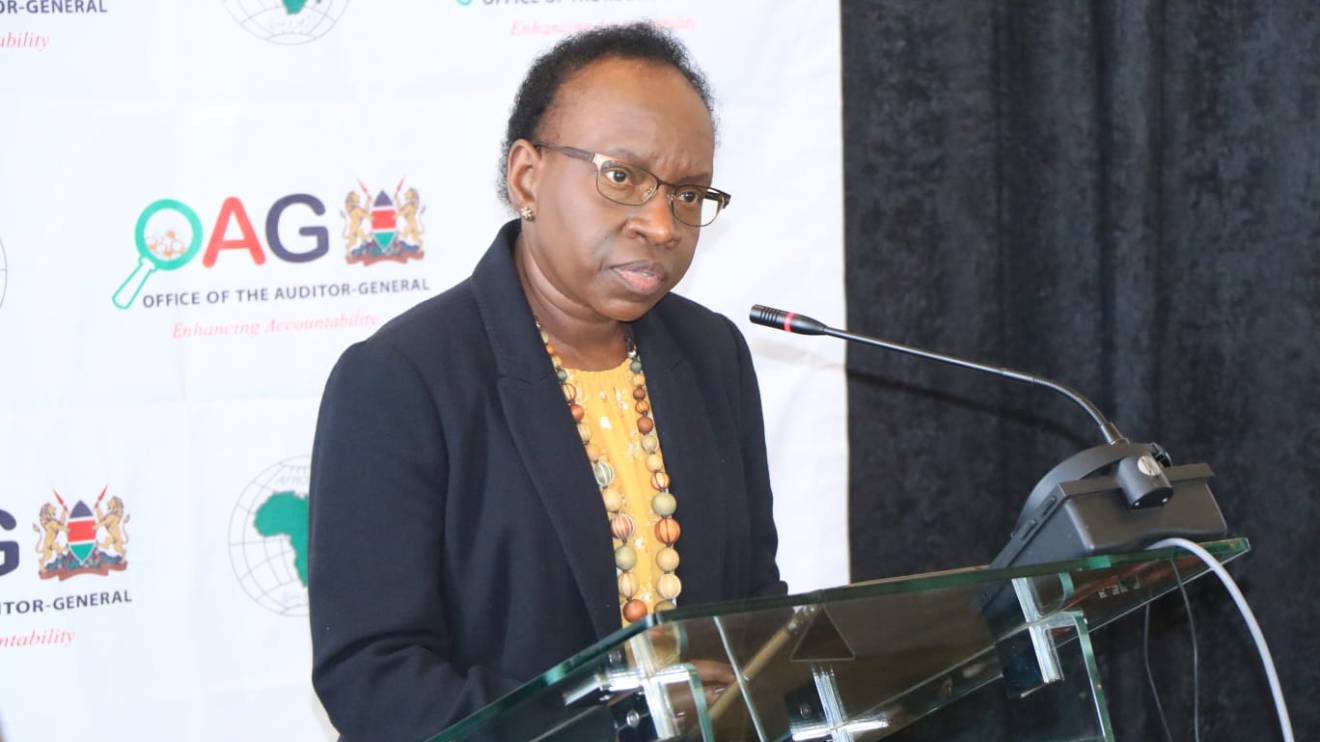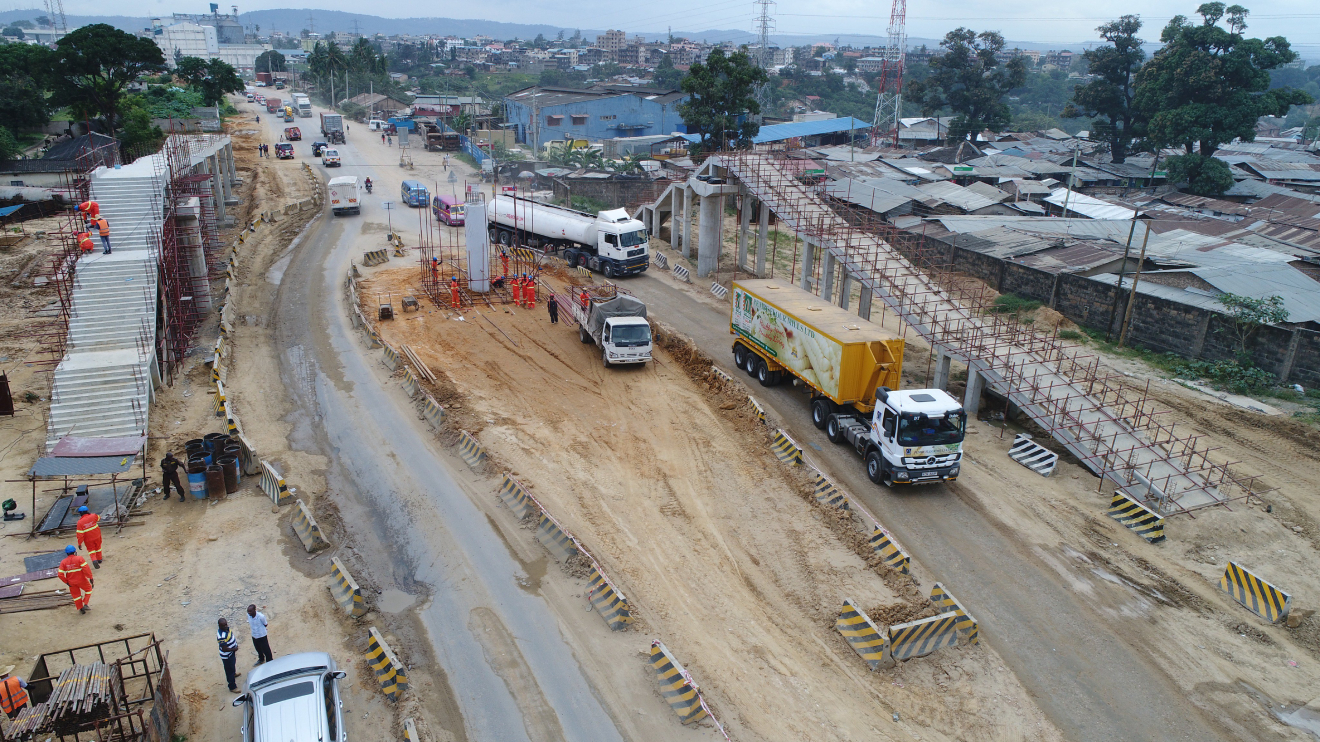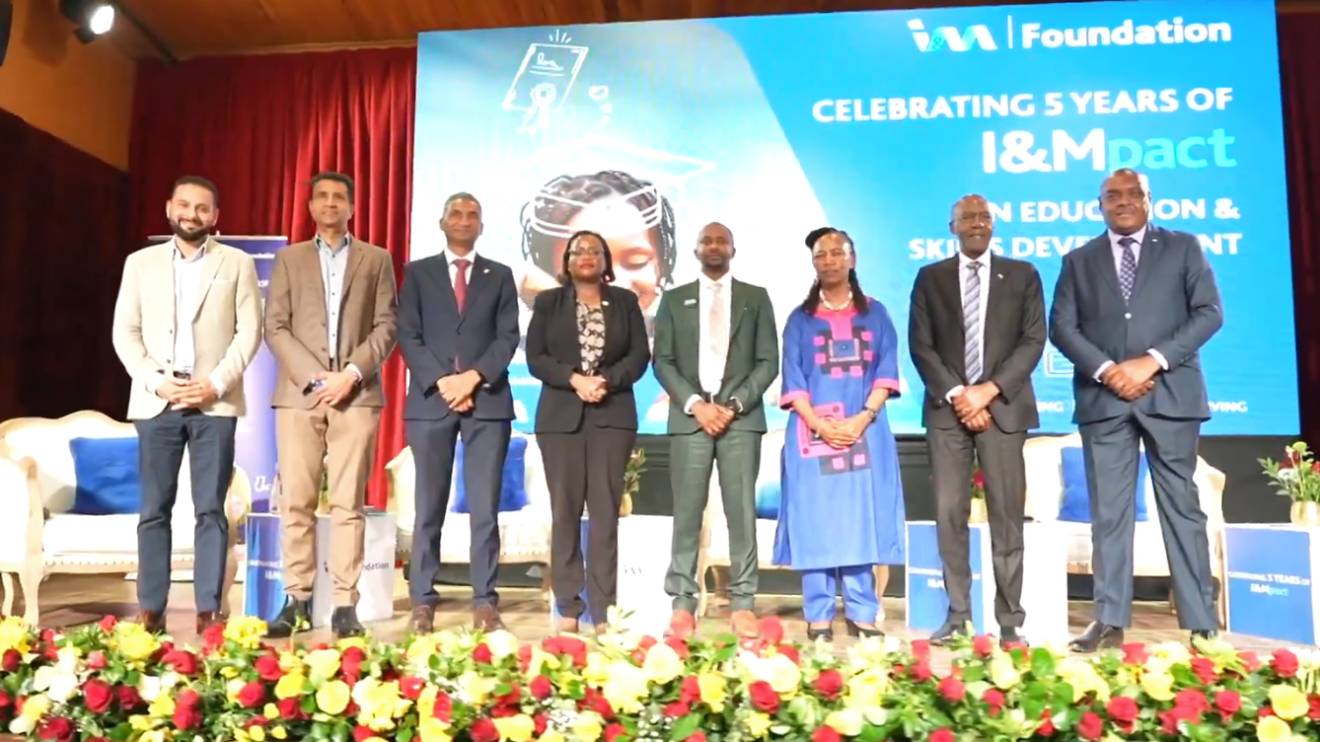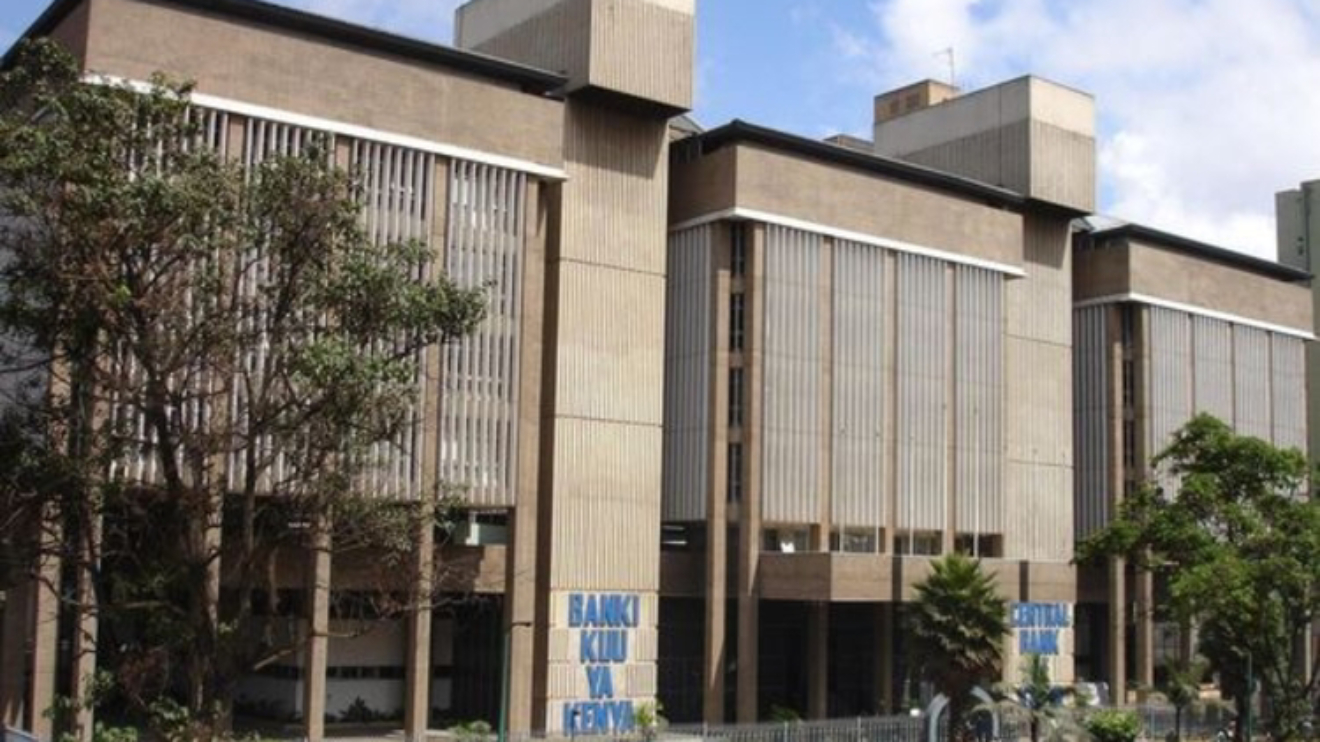Delays, debts, and disarray may have cost Kenyan taxpayers Sh5.7 billion in donor-backed government projects, according to the Auditor General’s latest report—a finding that paints a troubling picture of fiscal indiscipline across ministries and state agencies.
Behind the loss is a trail of poor planning, unauthorised spending, and unpaid bills that attracted hefty interest charges.
From expired projects left to drift, to crucial healthcare obligations ignored, the report documents a pattern of negligence that may deepen Kenya’s public debt woes.
According to the Auditor General Nancy Gathungu, “Although the project periods were ending, some funds had not been absorbed, posing risks that the projects would end without implementing all planned activities and therefore not meeting their objectives.”
The audit, covering the year ending June 30, 2024, found that Sh4.4 billion was spent on interest payments alone—money that would not have been lost had project deadlines been respected.
Read More
Another Sh1.3 billion was flagged as ineligible expenditure across 10 projects, raising concerns about the integrity of public financial management.
Health, infrastructure, and transport agencies were singled out for some of the most severe lapses.
At the Ministry of Health, a delay in settling obligations for Covid-19 vaccines cost the public Sh930 million in interest.
On top of that, Sh100 million intended for the pandemic response was never disbursed.
Road projects fared no better. KeNHA—the Kenya National Highways Authority—owed Sh856 million in interest for delayed tax payments tied to the Mombasa-Mariakani highway.
Another Sh657 million was due to contractors working on the Isebania-Kisii-Ahero junction, and Sh615 million more was incurred under the World Bank-funded Kenya Transport Sector Support Project.
Other road contracts also suffered. The builder of the Kibwezi-Mutomo-Kitui-Migwani road is claiming Sh614 million for late payments.
On the Kapchorwa-Suam-Kitale and Eldoret Bypass projects, Sh318 million in claims remain unsettled.
Meanwhile, the Kenya Rural Roads Authority (KERRA) is liable for Sh38 million in interest for the Gilgil project and Sh4.8 million more on Central Kenya’s Roads 2000 programme.
It also failed to release Sh167 million for road works in Gilgil. The Agriculture Ministry similarly defaulted on Sh99 million.
Improper use of donor funding was another major concern. The Treasury was faulted for using Sh475 million on the Africa Climate Summit—money the Auditor General deemed ineligible.
“The financing agreement was signed after the summit had taken place, and hence the expenditure incurred was ineligible,” Gathungu said.
Also under scrutiny was the Ministry of Water, which failed to deduct Sh124 million that had been wrongly paid to the contractor of the Thwake Dam.
Worryingly, the audit noted that 16 projects merged donor funds with their own agency budgets.
“Project funds were, therefore, commingled with the funds of the implementing agencies,” the report stated—making it difficult to trace how money was spent.
State institutions were also found to have neglected their part of the funding bargain.
- In all, Sh3.5 billion in counterpart funding from Kenyan agencies and county governments never materialised.
Kenya Power failed to release Sh1.1 billion for the Last Mile Connectivity programme, while KeNHA withheld Sh663 million meant for a trade facilitation project.
NTSA did not provide Sh447 million, and counties left Sh80 million unpaid in an agricultural value chain development initiative.
And then there were the forgotten files—28 projects that had reached their closure date but were never formally wound up.
Left unaccounted for, these ghost projects now form part of a larger cloud hanging over donor confidence and public trust.
The implications go beyond just numbers. The report warns that, with pending bills across reviewed projects reaching Sh64 billion, the cost of mismanagement could yet grow.








-1757457290.jpg)


